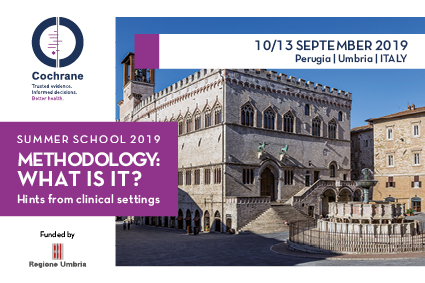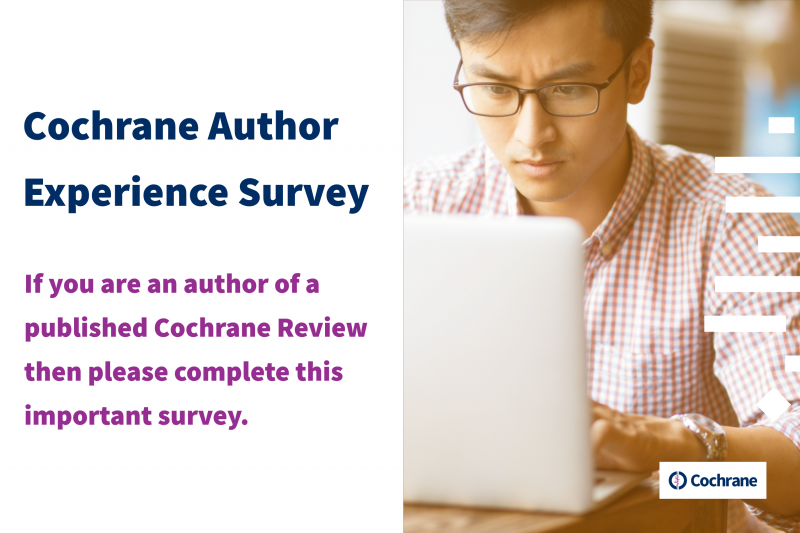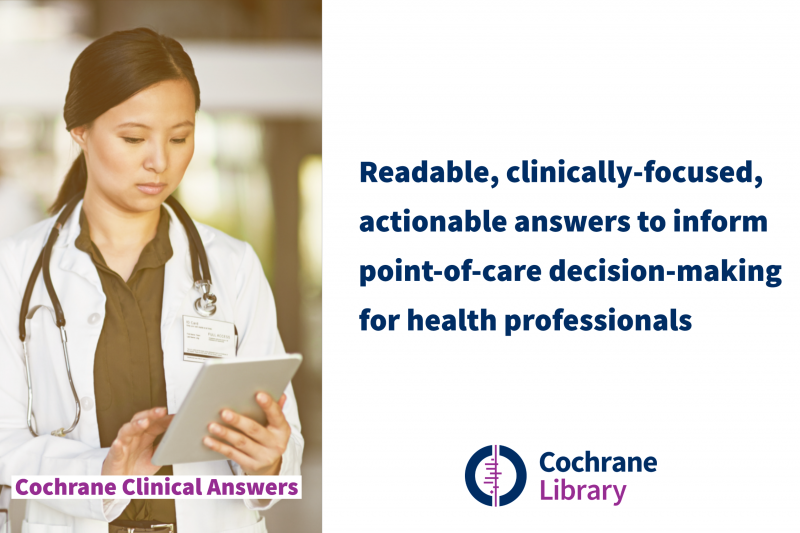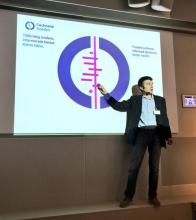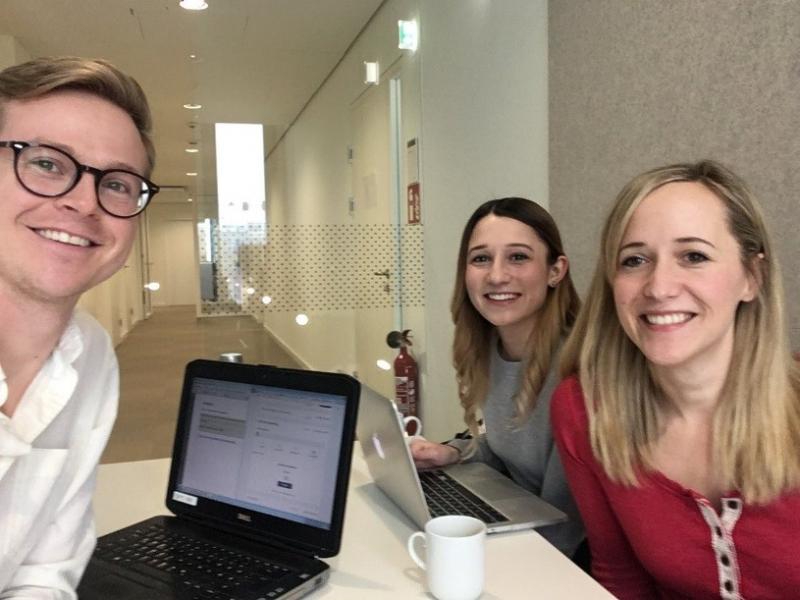Bill Silverman Prize
The Bill Silverman Prize is offered annually and explicitly acknowledges Cochrane's value of criticism, with a view to helping to improve its work, and thus achieve its aim of helping people make well-informed decisions about health care by providing the best possible evidence on the effects of healthcare interventions. The Cochrane Steering Group approved the establishment of the Prize in 2007, and it was awarded for the first time in 2008.
Purpose
Please note that this Prize is not for the preparation of a Cochrane Review; rather, it is for a published paper which demonstrates originality and critical thinking, either in evaluating any aspect of the preparation, maintenance or dissemination of Cochrane Reviews or about the work of Cochrane more generally. It should be of high quality, have been accompanied by constructive suggestions on how the relevant aspects of Cochrane’s work could be improved; and have had, or is likely to have, a positive impact on the scientific quality, relevance and use of Cochrane Reviews.
Eligibility
Peer-reviewed papers that fulfil the criteria described above under ‘Purpose’, and were published in the twelve-month period 1 April 2018 to 31 March 2019 are eligible for nomination in 2019.
Nomination process and deadline
The Central Executive Team issues the call for nominations via Cochrane’s mailing lists each year. Nominations can be made by anyone, including the authors of the publication being nominated. Completed nomination forms and a copy of the paper should be sent to Lydia Parsonson at lparsonson@cochrane.org with “Bill Silverman Prize” in the subject heading. The deadline for receipt of nominations is 2 August 2019.
To find out how to apply for the Bill Silverman Prize, visit https://colloquium2019.cochrane.org/bill-silverman-prize
Cochrane Australia Research Fellow and Co-Convenor of the Cochrane Bias Methods Group Matthew Page took out 2018’s Bill Silverman Prize, which recognises and celebrates the role of constructive criticism of Cochrane and its work. Here we catch up with Matthew about who and what inspired him to research and publish his prize-winning paper on common statistical flaws in systematic reviews. (Originally posted on the Cochrane Australia website)
Just under a decade ago, Matthew Page was a newcomer to Cochrane. Attending his first Colloquium in Singapore in 2009, he watched Dr David Moher take out the Bill Silverman Prize and as a result, first discovered methodological research. ‘You could say that was kind of a lightbulb moment that led to all my future research interests,’ Matthew says. ‘I listened to David at the Colloquium and immediately went home, read his paper and realised there’s a whole community out there, a whole field that’s actually all about trying to improve research. Since then, David has become my mentor/methodological hero and we’ve been working together on all kinds of fascinating areas. So it seems really fitting to receive this award for a paper I worked on with both David and the late Doug Altman – another extremely inspiring and brilliant statistician who’s influenced my thinking about methods and meta-analysis.’
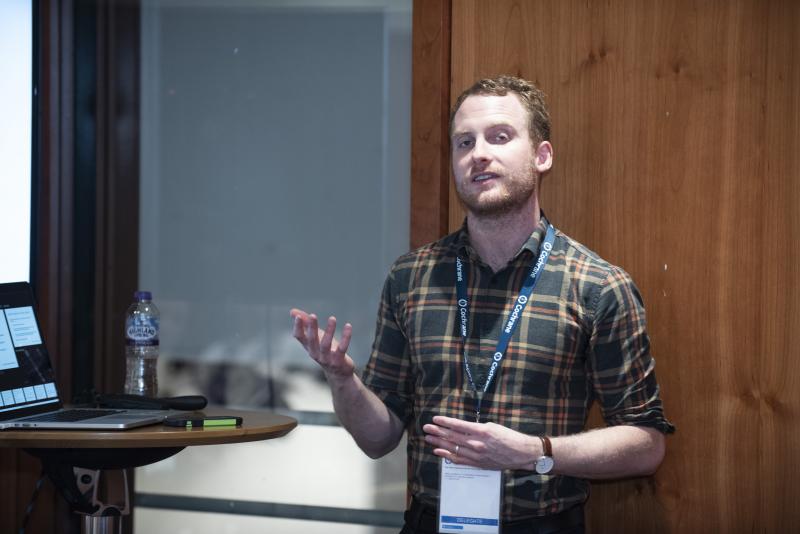
‘This particular paper was actually Doug’s brainchild. He - like Bill Silverman himself - often bemoaned the poor quality of published medical research. He strongly believed self-criticism can help drive progress, which is what this award is all about,’ Matthew explains. ‘Following a paper we published on reporting quality of systematic reviews in PLOS Medicine in 2016, Doug guided us to conduct this comprehensive analysis of the misuse of statistics in systematic reviews. We looked at a range of different statistical methods which could be used in systematic reviews and assessed whether they were applied and interpreted correctly in 32 Cochrane and 78 non-Cochrane reviews. Using a 61-item checklist, we discovered that there were common flaws in many Cochrane and non-Cochrane reviews. Our findings suggest many areas where Cochrane review authors can lift their game.’
‘By identifying these flaws, we can gain a much better idea of which statistical methods need checking in submitted Cochrane reviews. We’re hoping to address the issues we identify by developing a checklist that can be used by editors to evaluate the statistics in submitted Cochrane reviews. Once errors are spotted, these can be fed back to the review authors and corrected, which we hope will ultimately lead to higher quality reviews. You could say that these findings probably confirm suspicions that the involvement of statisticians on review teams can really help to address a lot of methodological shortcomings.’
‘So for me personally it was great to be able to identify and address areas for improvement in the future and ultimately receive the honour of this award for doing so,’ Matthew concludes. ‘I think the prize is also further recognition of Doug Altman’s phenomenal contribution to Cochrane and evidence-based medicine. And it also gave us yet another reason to celebrate David Moher, whose work was recognised in a half day symposium at the Colloquium this year. We are both looking forward to doing further work in this area to help authors and editors wrangling with all sorts of methodological questions and approaches.’
For more on Matthew’s work into systematic review methods, read his interview with Cochrane Senior Editor Toby Lasserson on Assessing the current state of systematic reviews, his Epidemiology and Reporting Characteristics of Systematic Reviews of Biomedical Research: A Cross-Sectional Study in PLOS Medicine or follow him on twitter @mjpages.
To find out how to apply for the Bill Silverman Prize, visit https://colloquium2019.cochrane.org/bill-silverman-prize
Top Image: Prof David Henry (left), 2017 Prize winner, presents Matthew with 2018's Bill Silverman Prize at the Cochrane Colloquium in Edinburgh




